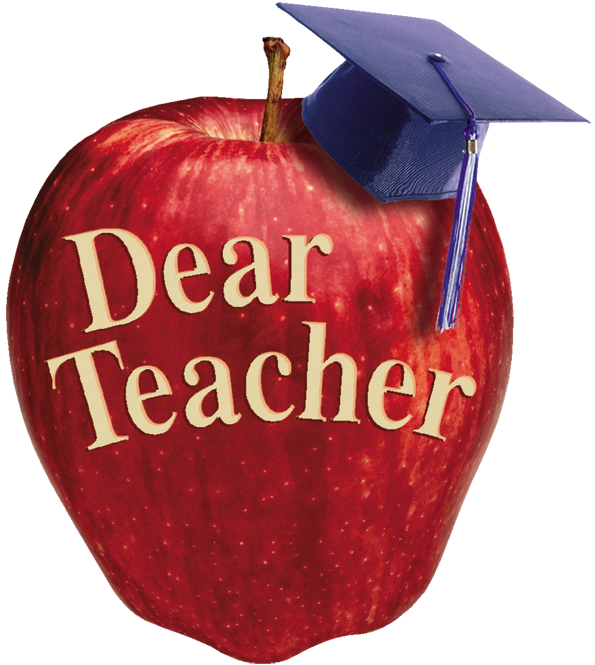By Dr. Deborah Ruf Your child will soon be going to preschool. Friends and family members believe the child is gifted. Here are some general guidelines to help you know if your child is well on the road to being a gifted preschooler.
Two to three years:
- Excellent attention for favorite TV or videos
- Shows tremendous interest in printing letters and numbers
- Will catch your mistakes, hold you to your word, and not forget promises or changes of plans.
- Easily frustrated with own lack of ability, seems to obsess on some things
- People outside the family start to comment on how smart your child is
- Child has trouble playing with other children same age, prefers adults or much older children but is not a lot of fun for them because child is still too immature
- Throws fits or tantrums especially when thwarted in doing something his or her own way to completion
- Can play with games, puzzles, and toys that state an age range twice their own or more
- Early reading, e.g. know most store and street signs, recognize many names, labels and words in print
- Most tantrums precipitated by lack of adult respect or understanding; child is more likely to cooperate than simply comply with adult demands
- Highly competitive
Three to four years:
- Highly inquisitive
- Highly talkative
- Increasing interest in books and reading and finding answers there
- Love to debate and reason and argue
- Can do many things on the computer
- May become fearful of what they don’t understand, tend to think ahead and worry
- Show interest in how and why; ask questions and listen to answers unlike most age-mates
- Interested in strategy and application of rules; dismissive and annoyed at others who don’t “get it”
- Bossy
- Creative
- Cleverly manipulative
- Perfectionistic, even obsessive about developing own skills
Four to five years:
- Many start reading simple books then chapter books almost spontaneously before they are five
- Show interest in mature subjects but can be frightened by their own lack of perspective (e.g., natural disasters are both fascinating and frightening)
- Intuitive grasp of numerical concepts and mathematic reasoning; many can effectively compete with older children and adults in board and card games
- May start to question the meaning of life, their own worth, etc.
- Huge vocabulary, huge memory for facts, events, and information
- Increasingly facility with computers and keyboarding, video games
- Obvious abstract reasoning ability, love of concepts and theorizing; philosophical and speculative
- Great need to engage others in meaningful and intelligent conversation about the things that interest them (the children, not necessarily the adults)
Summary: Gifted preschool children tend to initiate their own learning. In fact, it is one hallmark of high intelligence. Although strong parental or preschool involvement and instruction can accelerate a child’s acquisition of academic skills, children at different levels of intelligence will still gain those skills at a noticeably different rate.
Deborah Ruf, Ph.D., Minneapolis, is a specialist in gifted assessment, test interpretation and guidance for the gifted. Having been a parent, teacher and administrator in elementary through graduate education, she writes and speaks about school issues and social and emotional adjustment of gifted children. She designed the Ruf Estimates Kids IQ Test™ as a culmination of her assessment experience. It's an online method that parents access to determine their child's estimated IQ prior to - or replacing - formal testing. For more information see Eucational Options.
